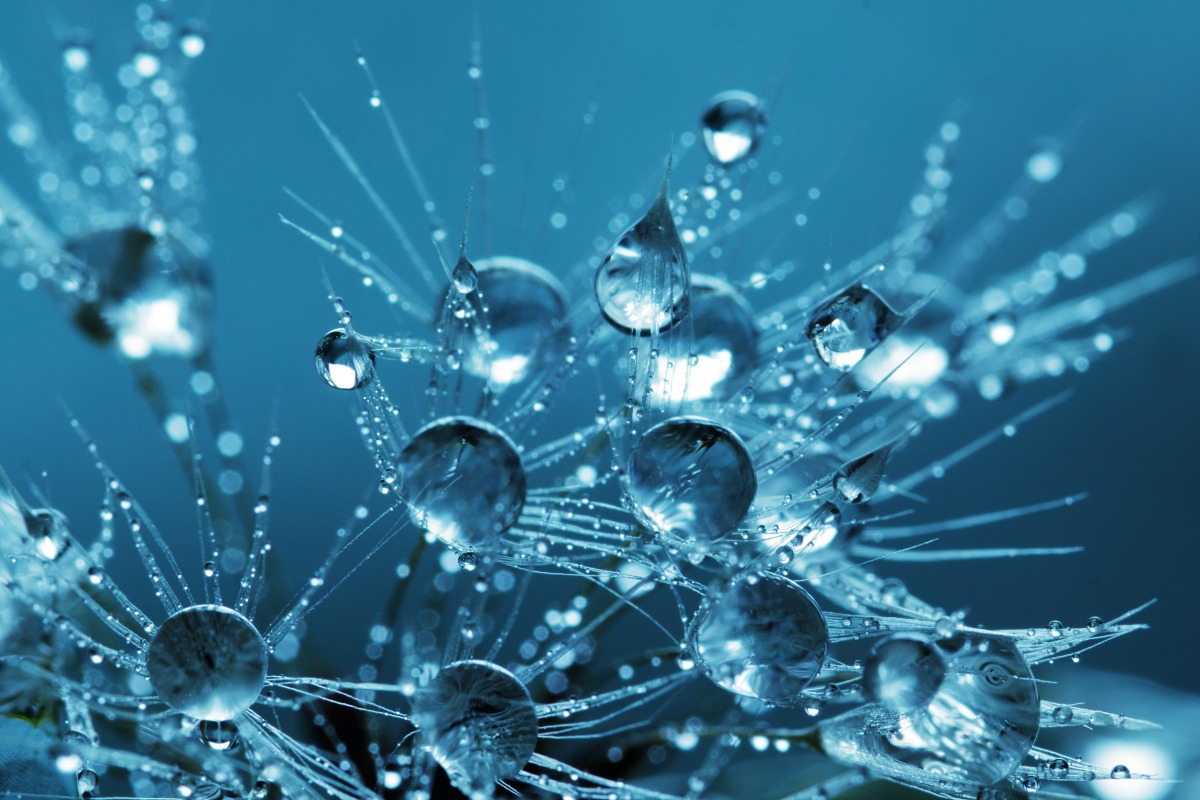
Addiction is a constantly evolving epidemic. No one is safe from any addictive behaviors or their devastating side effects. Whether a person has an addiction or knows someone that does, there are common themes to the disastrous consequences it leaves in its wake.
People with addiction often say to themselves, “Why can’t I just stop? I know this is bad for me,” or, “Why can’t I just put this drink down?” Loved ones of those affected by addiction or addictive behavior may wonder the same thing. However, the truth is that addiction isn’t a moral dilemma or a result of a lack of willpower. Rather, addiction is a disease. Like all diseases, science can help explain its tenacity. From there, treatment can help reverse its effects.
What Is Addiction?
Addiction is characterized by compulsive desires to seek out and use certain substances or engage in self-defeating habits repeatedly, despite negative consequences. Even in the presence of terrible side effects, cravings can be strong enough for an individual to reason with potential consequences, assailing a person’s senses to the extent that all they can think about is satisfying the urge.
Further, satisfying these cravings can become a compulsive obsession. Eventually, the obsession takes over all other priorities in life, which often leads to poor relationships, job performance, and health. In short, addiction removes the ability to control our desires and replaces them with a seemingly uncontrollable need to live for only one purpose.
At some point, feeding into addiction becomes less about joy and more about maintenance. The body and mind become accustomed to the reward sensation that comes with engaging in a behavior that is laying waste to our lives. Research shows that most people with long-term addictions admit to no longer enjoying the behavior or substance they continuously engage with. This is the line where addiction meets science.
The Science
The brain’s reward circuit and associated dopamine response become dysregulated with repeated substance use. Dopamine is released when a person engages in “rewarding” behavior. When a person is healthy, rewarding behaviors can be as simple as a fun form of exercise or eating an ice cream cone. However, for the brain, alcohol and drug use are the utmost rewarding behaviors.
The resulting dopamine surges are circulated through the brain, triggering feelings of pleasure and euphoria. These feelings reinforce the behavior and lead to a flood of chemical changes in the brain. Eventually, the cravings develop to such an advanced level that the person feels unable to resist the behavior and quiet their mind. This is the beginning of addiction.
As of yet, addiction isn’t curable. However, it is highly treatable. The good news is that our brains and bodies are capable of learning and healing. Through the use of a variety of therapeutic modalities, it is possible to come back stronger than ever from addictive behavior. The most important part of the science of addiction is knowing to admit that we need help.
Addiction isn’t a lack of desire to quit. Nor is it a failing in a moral code or a sign of poor self-control. Addiction is a disease that changes the chemical function of the brain. As such, it is not something that we shouldn’t fight alone. If you struggle with addiction, then you deserve the best chance at success. The Guest House can be your greatest companion and supporter when it comes to treating your addiction. Call (855) 483-7800 today for more information.